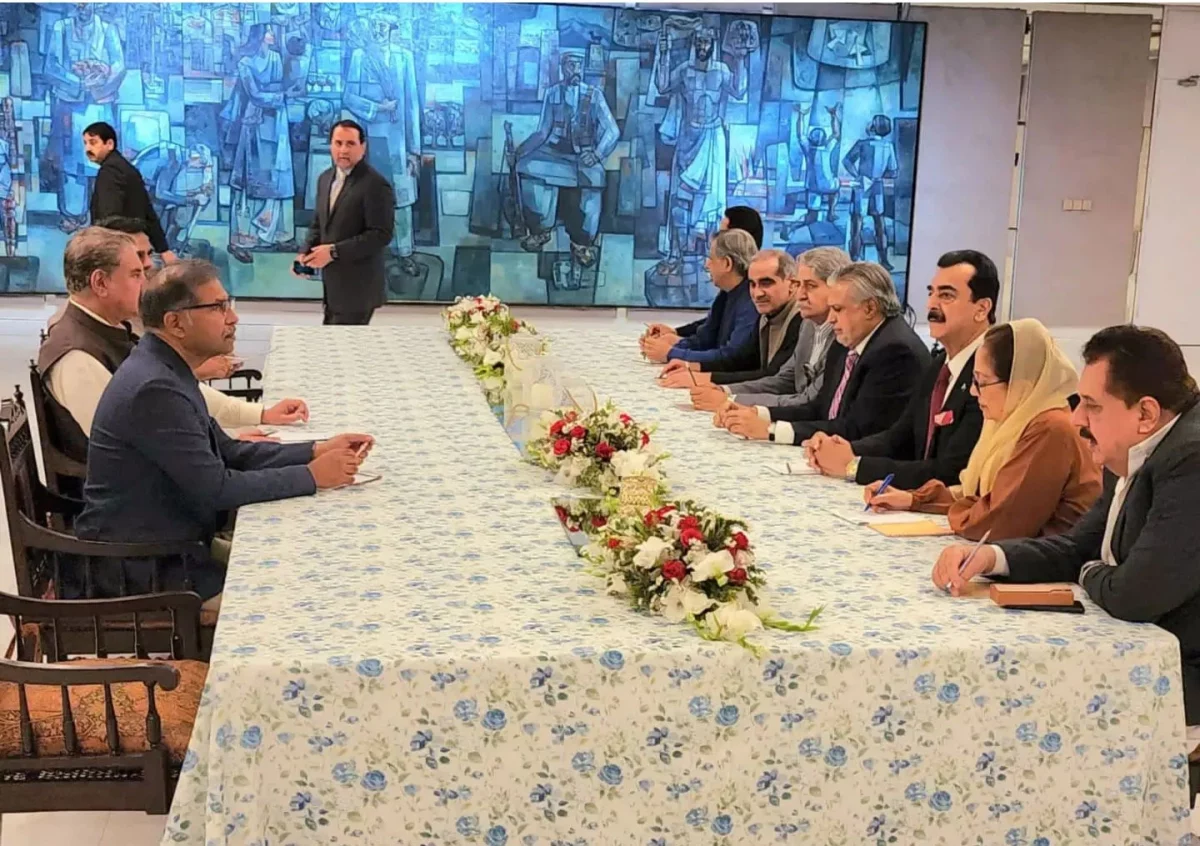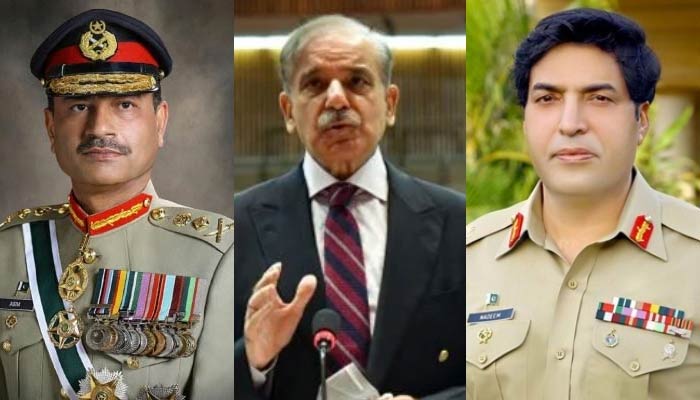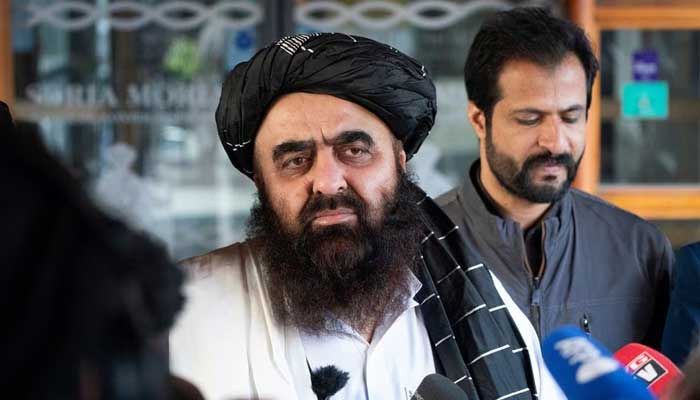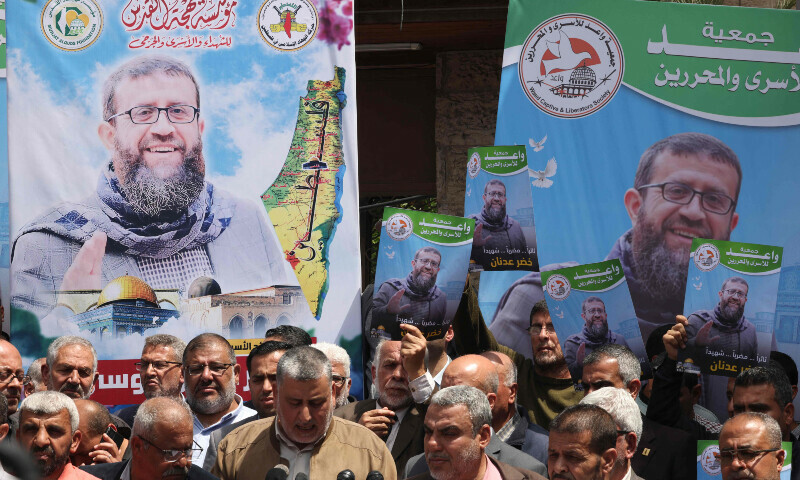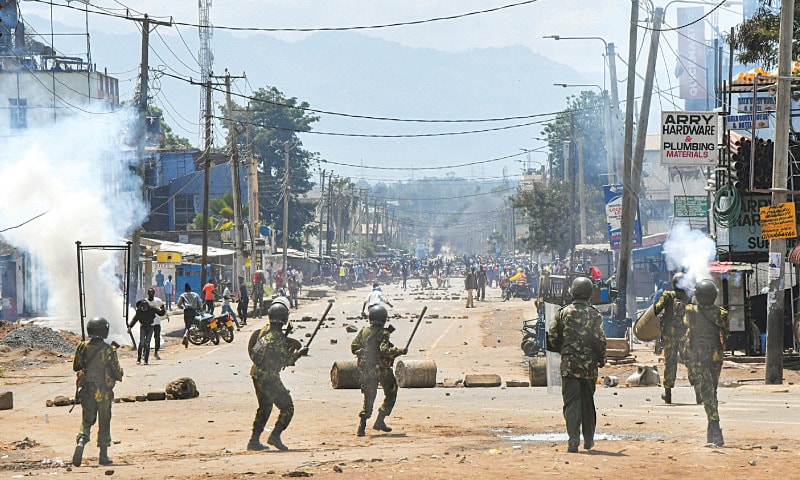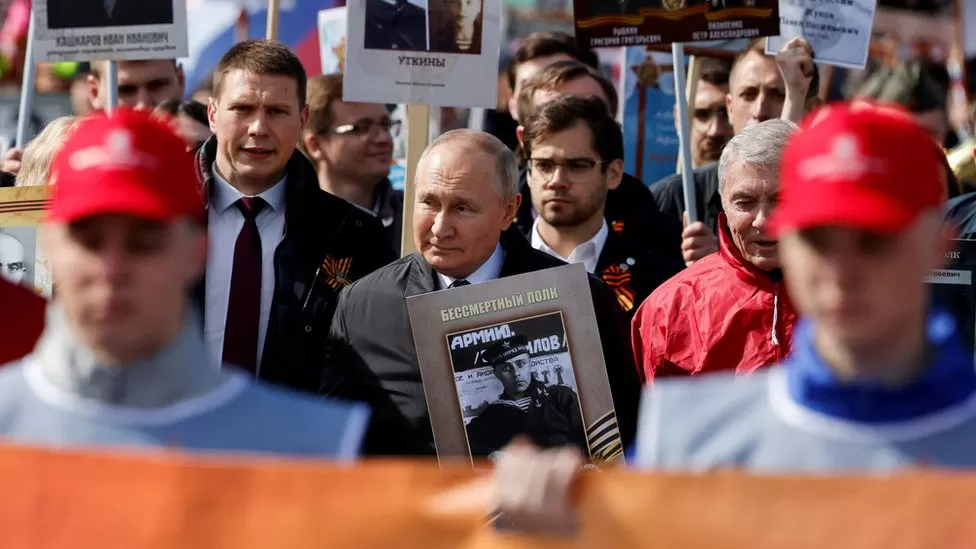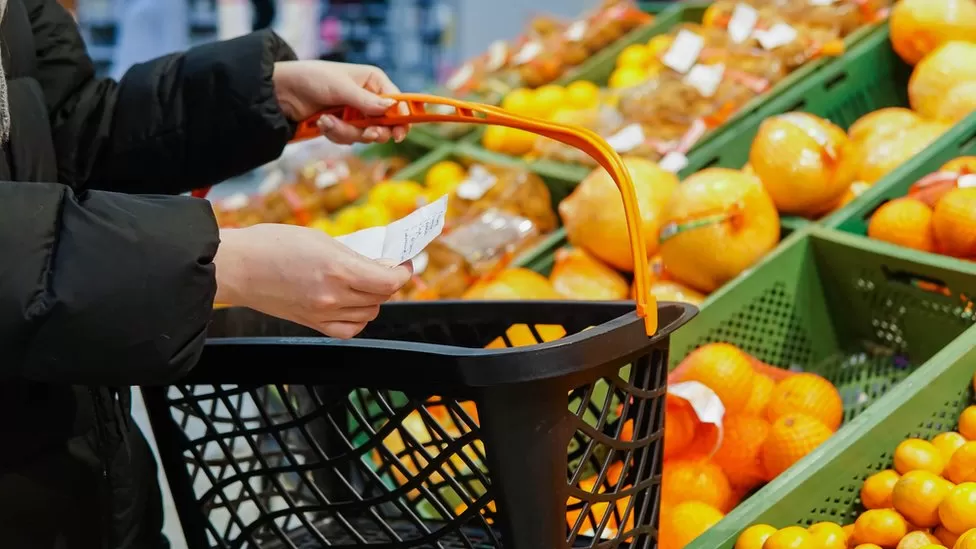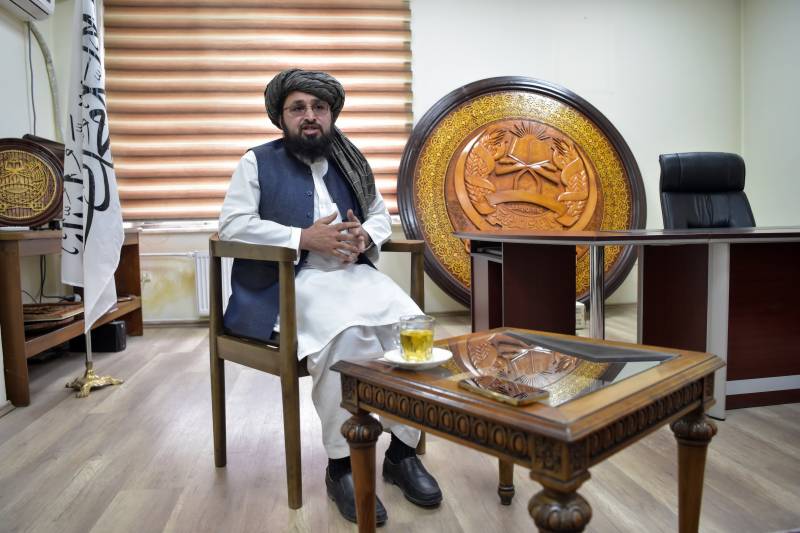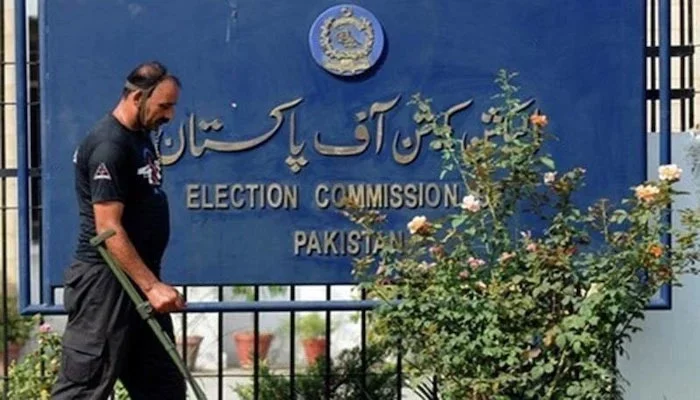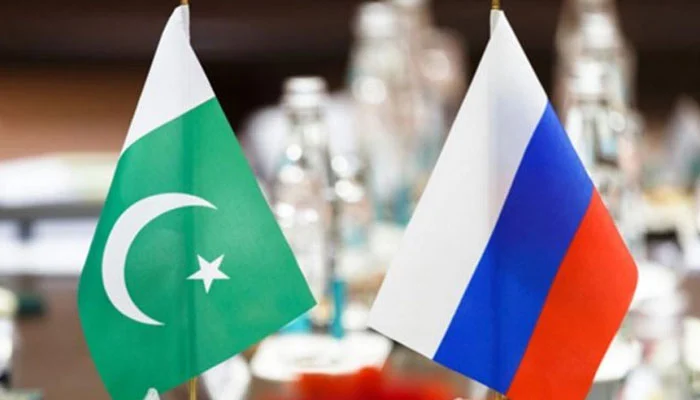In a positive development, the ruling Pakistan Democratic Movement and the opposition Pakistan Tehreek-e-Insaf (PTI) have agreed on holding general elections across the country on the same date.
The development came late Tuesday after the negotiating teams of the both sides held third round of talks aimed at ending a deadlock over general elections timing at the Parliament House in Islamabad.
The head of the government negotiating team, Finance Minister Ishaq Dar, told the media that consensus could not be evolved on the date of the general elections.
However, he confirmed that both sides had agreed that the polls should be held simultaneously across the country. He also said both sides had shown flexibility in their positions.
“Hopefully, if they proceed with sincerity, the next phase will be passed successfully,” the financial czar added.
The meeting took place at the Parliament House in Islamabad, with Shah Mehmood Qureshi leading his delegation, which comprised Fawad Chaudhary and Senator Ali Zafar.
The government team comprised former prime minister Syed Yousaf Raza Gilani, FinMin Dar, Law Minister Senator Azam Nazir Tarar, Minister for Railways Khawaja Saad Rafique, Minister for Commerce Naveed Qamar, Minister for National Food Security and Research Tariq Bashir Cheema, and Muttahida Qaumi Movement-Pakistan Kishwar Zahra.
‘No breakthrough’
In conversation with journalists, Qureshi said the PDM wants simultaneous elections, and the Supreme Court has also asked political parties to show flexibility in making decisions on the staging of polls.
The former foreign minister added although there was “no breakthrough”, both sides have agreed that they respect the Constitution and would try to find a middle ground so that it isn’t violated.
Qureshi said that the PTI delegation has proposed that since Supreme Court’s decision is in line with the law, a one-time exemption should be allowed through amending the Constitution for holding the polls simultaneously after 90 days — the time limit for staging polls once an assembly is dissolved.
‘Election should be held between Eid ul Adha, Muharram’
Sources told Geo News that the PTI, in a document, proposed that the elections should be held between Eid ul Adha and the holy month of Muharram — which will fall between July and August.
“The elections can also be held in the second or third weeks of August,” the PTI’s document proposed. The party will send its draft to the Supreme Court, while both sides have decided to begin consultations with their top leadership over the elections.


